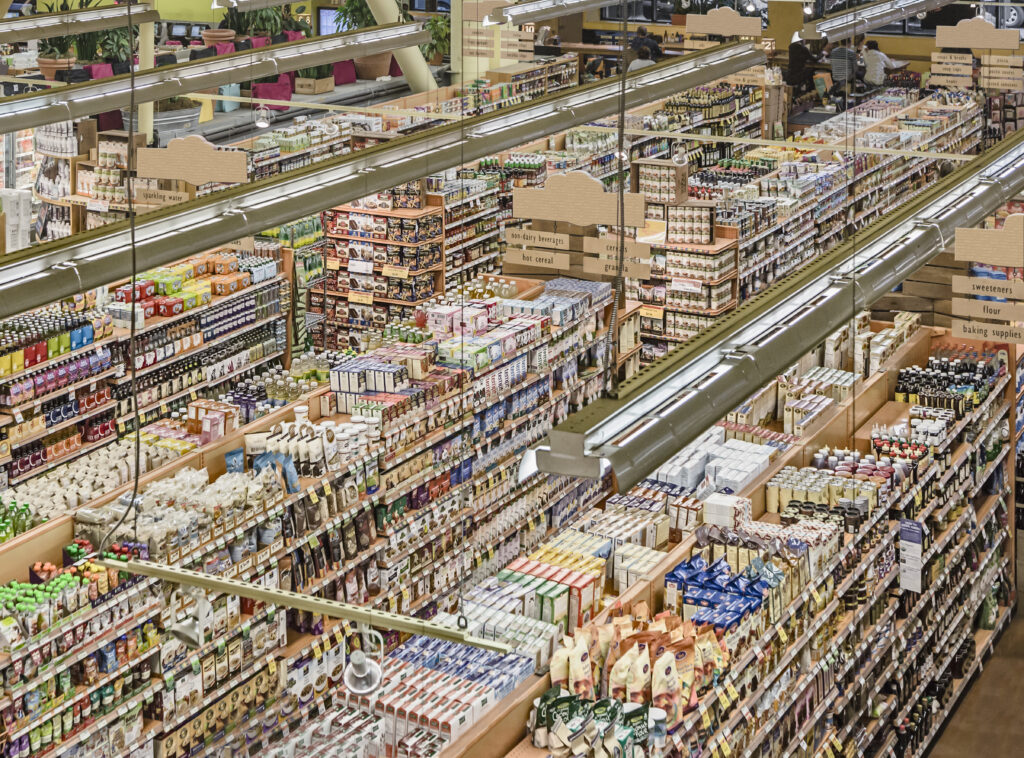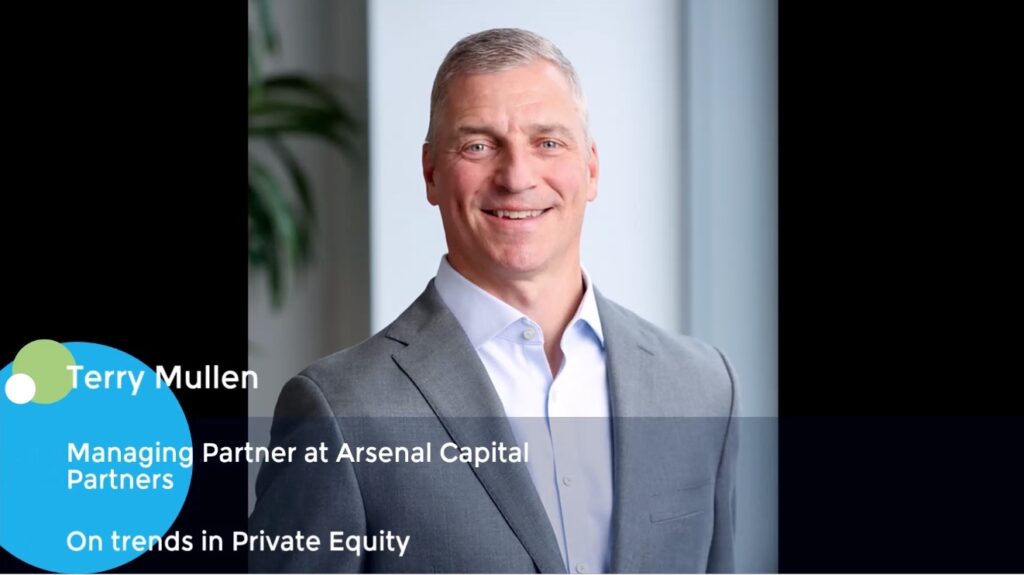Middle East M&A has momentum early in 2025 boosted by USD 16.5bn Borouge/Borealis megadeal
Economic and geopolitical uncertainties may be weighing on M&A sentiment around the world but dealmakers in the Middle East remain in an expansive mood.
Mergers and acquisitions in the region are off to a strong start in 2025, boosted by one very large transaction last month.
Abu Dhabi National Oil Company (Adnoc) and OMV agreed to combine Abu Dhabi-based petrochemicals company Borouge with Austrian plastics manufacturer Borealis.
The deal involves the acquisition of a 64% stake in Borouge by OMV subsidiary Borealis for USD 16.5bn (EUR 15.7bn).
That transaction has helped M&A featuring Middle East-based targets increase to USD 27.9bn year-to-date*, compared to the USD 11bn of deals announced in the same period a year earlier, according to Mergermarket data.
If completed, the Borouge/Borealis tie-up would be the UAE’s largest M&A transaction on record and the region’s third-largest.
The Middle East’s two largest M&A deals, both in Saudi Arabia, are Aramco’s SAR 259bn (USD 99bn) acquisition of a 70% stake in specialty chemicals producer Sabic in 2019 and a 2021 banking merger between National Commercial Bank and Samba Financial, which valued the latter at USD 15bn.
There are multiple factors driving robust dealmaking in the region, according to Freshfields partner Pervez Akhtar.
These include economic diversification strategies, which are being pursued by major oil producers in the region like Saudi Arabia and the UAE.
“Substantial investments have been made into various non-oil sectors such as infrastructure (including upskilling), renewable energy, and technology – this is somewhat as a result of less global reliance on oil and the general trend globally to transition into adopting more climate-friendly solutions,” Akhtar said.
Sovereign wealth funds (SWFs) are playing “a crucial role” in prioritising investments in local businesses and strategic projects, Akhtar said, adding that they are leading diversification plans. There is also an increasing emphasis on innovation and sustainability, he said.
Although the regional M&A market is generally robust, global uncertainties are still a factor, according to Salman Al-Sudairi, chair of Latham & Watkins’ Saudi Arabia Practice and office managing partner for the Middle East & North Africa.
However, Gulf Cooperation Council (GCC) countries are “undergoing major transformations and attracting significant global investments,” he added.
Free trade agreements (FTAs) between the GCC and New Zealand, announced in December 2024, and Singapore, a month earlier, have helped the mood.
FTA talks with the UK are also drawing closer to the finishing line.
The GCC is a political and economic union comprising six Arab states in the Gulf: Bahrain, Kuwait, Oman, Qatar, Saudi Arabia, and the UAE.
Technology diversification drive
One major trend in the region involves an increasing emphasis on tech deals to support an economic diversification drive.
Tech accounted for 30% of total Middle East deal volumes during 2024, up from the low teens around a decade ago.
The second-biggest deal in the region year-to-date is a good example of the increasing importance of digitalisation in the region. Abu Dhabi state-backed telecom group Emirates Telecom, branded as e&, agreed to sell its wholesale data centres operation Khazna for USD 2.2bn to artificial intelligence specialist G42, which is also based in Abu Dhabi.
“The region’s tech ecosystem is experiencing a surge in innovation and investment that continues to gain momentum,” Al-Sudairi of Latham & Watkins said.
“Overall, we are seeing a lot of investment in technology in the region, from sovereigns, from regional players, and from international investors.”
Freshfields’ Akhtar said: “Generally, the region has been making significant strides in investing oil wealth into the tech sector.”
Key developments span investments in artificial intelligence (AI), machine learning, and smart cities, as well as support for start-ups in the UAE in particular, he said.
Despite the emphasis on transformation, some elements of the dealmaking scene are unlikely to change in the near future.
“Oil remains a fundamental cornerstone of the economy, and we can expect more continuity on this front, partnered with a general drive for diversification in the coming years,” Akhtar said.
Positive mood to continue
The positive mood is likely to continue unabated in the months ahead, according to dealmakers in the region.
“The pipeline in the Middle East is very promising,” Al-Sudairi said, adding that sectors to watch include sports, healthcare, energy, and financial services, as well as tech.
Akhtar said: “We have a very strong pipeline with a good mix of transactions across the region and expect this to stay solid for the rest of the year.”
As well as tech and fintech, key sectors to watch include infrastructure as well as food and agriculture, he said.
There are a range of companies in the Gulf on the lookout for deals in the region’s food sector, according to recent Mergermarket intelligence.
Al Barakah Foods, a Dubai-based food investment platform, is in discussions to close three or four deals in the food sector across the Middle East and the US, director Yousuf Saleem told Mergermarket earlier this month.
Currently, Al Barakah Foods’ flagship asset is a factory which produces dates and ingredient products, generating annual revenues of around USD 500m.
In March, Agthia, a food and beverage group based in Abu Dhabi, announced the acquisition of Riviere, a local bottled water services firm.
The target operates three bottling facilities in the UAE and has a fleet of over 160 delivery trucks.
Earlier in the same month, Agthia chief growth office Rafik Lawendy, told this news service the business was about to embark on a second spree of acquisitions, with multiple deals under consideration.
Backed by ADQ, one of Abu Dhabi’s sovereign wealth funds, Agthia was looking to deploy a war chest in the region of AED 1bn (EUR 240m) at the time of the interview.
Away from food, other names to watch include Arcera, a UAE-headquartered pharmaceuticals company. It is planning to grow via acquisitions, in-licensing, and joint ventures (JVs), CEO Isabel Afonso said in February.
With plenty of potential deals in the pipeline and M&A off to a solid start year-to-date, there looks to be plenty of momentum for dealmaking in the Middle East despite wider macro uncertainties.
*In the year through 25 April













